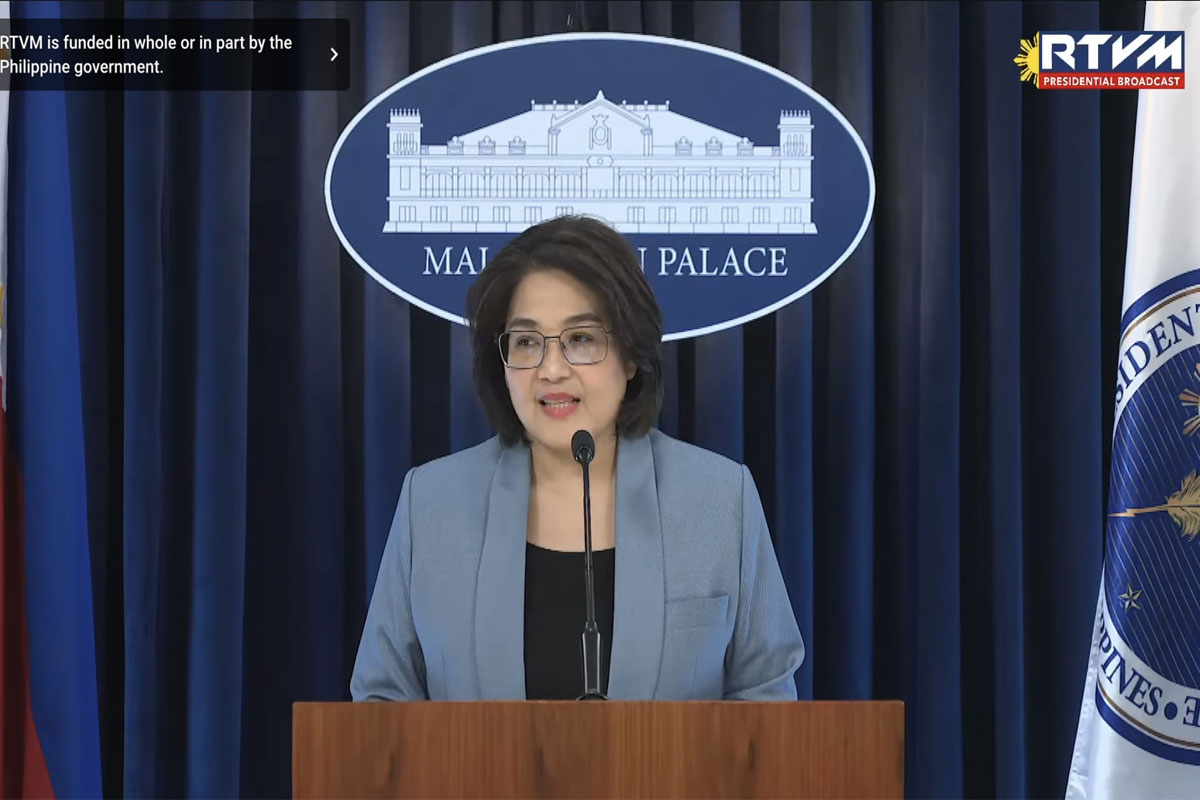
Acidre pushes for marriage reform at CLSP National Convention
TINGOG Party-list Rep. Jude Acidre has underscored the need for marriage law reforms during the 31st National Convention of the Canon Law Society of the Philippines (CLSP), held from February 24 to 27, 2025.
Addressing an audience of canon lawyers, legal scholars, and church leaders, he discussed House Bill No. 10970, a measure that seeks to expand the grounds for marriage nullity and legal separation, streamline judicial proceedings, and recognize church declarations of nullity in civil courts.
The annual CLSP convention, which gathered experts in both civil and ecclesiastical law, carried the theme “The Church and The State: Distinct but not Separate.” On February 26, Acidre took part in the Table Ronde on Public Ecclesiastical Law in the Philippines, joining Rev. Fr. Ranhilio Aquino, PhD, JD, JSD, Dean of the Graduate School of Law at San Beda University; Hon. Justice Adolfo Azcuna, former Associate Justice of the Supreme Court and Chancellor Emeritus of the Philippine Judicial Academy; and Atty. Nilo Divina, Dean of the University of Santo Tomas Faculty of Civil Law and Managing Partner of DivinaLaw. The discussion examined the legal and moral dimensions of marriage law reforms and the role of ecclesiastical principles in shaping national policies.
Acidre emphasized that existing laws on marriage nullity remain restrictive, leaving many Filipinos unable to seek legal remedies despite being in invalid unions. “Many Filipinos remain trapped in invalid marriages because current laws are too restrictive,” he stated. “House Bill No. 10970 expands the grounds for nullity, making justice accessible while protecting the sanctity of marriage.”
The proposed measure introduces broader legal grounds for nullity, addressing gaps in the current system. These include:
• Lack of due discretion—entering marriage without full psychological maturity.
• Simulation of consent—marrying for reasons other than genuine partnership.
• Error in person—being deceived about a spouse’s identity or fundamental qualities.
• Fraud, force, or coercion—cases where marriage was entered into under false pretenses or against free will.
Beyond expanding legal grounds, the bill seeks to make the annulment process more accessible by reducing financial and procedural burdens. “Seeking legal relief is costly and time-consuming,” Acidre noted. The bill proposes:
• Placing nullity cases under Summary Procedure—reducing delays and costs.
• Expedited processing for uncontested cases—resolving clear cases without lengthy hearings.
• Recognition of church nullity declarations—if a marriage is annulled by a church tribunal, it should carry legal weight.
Acidre also addressed the inconsistency between civil and ecclesiastical law, pointing out that, “The Catholic Church recognizes lack of due discretion as grounds for nullity—civil law does not. This discrepancy leaves many couples in legal limbo.” He cited Pope Francis’ call for simplified annulment processes as a model for civil law reforms, asserting: “If a church has the authority to solemnize a marriage, it should also have the power to nullify it under clear legal parameters.”
The CLSP convention served as a crucial venue for discussions on how legal frameworks can be refined to balance justice and moral principles. The presence of key figures such as Bp. Elias Ayuban, Bishop of the Diocese of Cubao; Mons. Alejandro Bunge, Judge of the Roman Rota in Rome; Fr. Stefan Mückl, a leading Canon Law professor; and Fr. Przemysław “Pranciszek” Longchamps de Bérier, a distinguished law professor from Kraków, underscored the significance of the discourse.
As legislative deliberations on House Bill No. 10970 continue, Acidre reaffirmed his commitment to pursuing reforms that strengthen marriage while ensuring fairness for those in legally untenable unions. “House Bill No. 10970 does not weaken marriage—it strengthens it by ensuring that it is entered into with full awareness, freedom, and responsibility.”
The discussions at the CLSP convention highlighted the role of both civil and ecclesiastical institutions in shaping policies that protect marriage while providing just and accessible legal remedies for those in need.


















